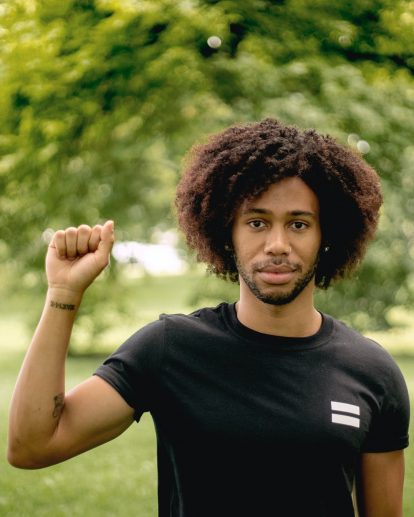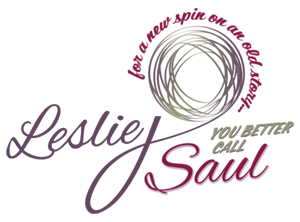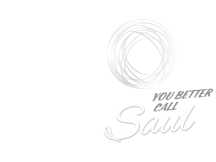A Primer for Having Tough Conversations in a Divisive World
Black Lives Matter. Trans Lives Matter. Politics. COVID-19. The headlines are inescapable and often deeply disturbing. We have become non-stop witnesses to police brutality and civil unrest. We are marching in the streets and we are hiding inside our homes.
The world has never been more stress-inducing, and the weight brings all of us down at times. There are tough conversations taking place, but they mostly consist of shouting—the fights we find online mirror the ones we are having with family and friends.
It can feel impossible to take a step back, draw in a deep breath, and create a positive dialogue on any one of these topics.
Life has simply become too overwhelming, and none of us feel properly equipped to deal with it.
A Google search on stress reduction finds a lot of the same generic advice. We’re told that better sleep, more exercise, and daily journaling or meditation can ease our anxiety and jump-start a shift toward healthy release. These are habits that serve us in any environment; but how do we apply them when we lay in bed worrying every night until 2 AM? Healthy exercise sounds wonderful, but so does a bowl of pasta (and an entire bottle of wine).
Let’s talk about how to foster healthy, productive conversations, and how to ditch the toxic back-and-forth we’re currently engaged in. It isn’t good for us; not physically or emotionally. We can all start from the same place, together: by taking the time to better educate ourselves on what’s at stake.
Tough Conversations: It’s Time to Go Back to School
Talking About Race: The Black Lives Matter movement and civil rights protests all over the globe are rooted in deep historical inequalities. Here in the United States, they represent over 400 years of struggle. Little surprise, then, that leaders in the Black community are expressing their anger and consternation as well-intentioned white people ask them to invest more of their time and resources in becoming free educators on race relations.

The truth is that the responsibility lies upon each of us to do the work on race. That’s why talking about race—in any way that will be productive—must start with reading and research. Here’s a good place to begin; the Smithsonian’s new portal, Talking About Race. Watch videos, utilize the exercises, and practice sitting with the discomfort created in that practice. Other excellent resources include The Center for Racial Justice and Education, and parents will also appreciate this list put together by the Children’s Alliance.
Talking About LGBTQIA issues: The acronym stands for “lesbian, gay, bisexual, transgender, intersex, queer/questioning, asexual and many other terms (such as non-binary and pansexual)”. The struggles of our LGBTQIA brothers and sisters are amplified in the US during PRIDE month, celebrated every June in commemoration of the 1969 Stonewall Uprising in Manhattan. This year, many PRIDE events were canceled, and in early June, the Trump Administration reversed key health protections for transgender people.

While the BLM and LGBTQIA movements have needless marginalization and rights suppression in common, they also stand apart as two distinct movements. There are excellent resources available from GALE, the Global Alliance for LGBT Education. GLAAD also maintains a phenomenal list for ongoing education on queer topics.
Talking about coronavirus: To follow the latest international data, check-in with the World Health Organization (WHO) and the Centers for Disease Control (CDC). I do want to caution you here; COVID-19 is a massively high-anxiety topic, and as such, it’s not a great idea to “binge” on it to any extent. It’s not good for your health—period. The same thing goes for tough conversations on COVID-19. Are they serving you? Will they help you grow? These are important questions.
Now that you have some resources bookmarked, let’s touch quickly on what NOT to do.
Do not:
- Initiate or engage in debates with strangers on social media. This is a waste of everyone’s time, and it’s hard to even know if you are engaging a person . . . or a bot.
- Threaten relationships over differences in opinion. That is emotional blackmail; if an acquaintance maintains a point of view you find offensive, then you have the option of walking away entirely—but do not play unnecessary games.
- Take your anger and frustration out on someone who doesn’t deserve it. We are all having a tough time; that is no excuse for unloading on someone who does not deserve it. You are better than that.
By taking the time to “un-learn” for ourselves, we become better advocates for our communities in these tough conversations. We become more confident in raising our voices and advocating for our brothers and sisters of all stripes. This is what it means to be a true ally. And whether your goal is to prepare for the next presidential election, an uncomfortable chat with your parents, or a PTA meeting on reopening schools, you are now better equipped to handle stressful situations. I’d also be happy to provide some advice; contact me today for a chat about creating more productive professional and personal habits.
TABLE OF CONTENTS








